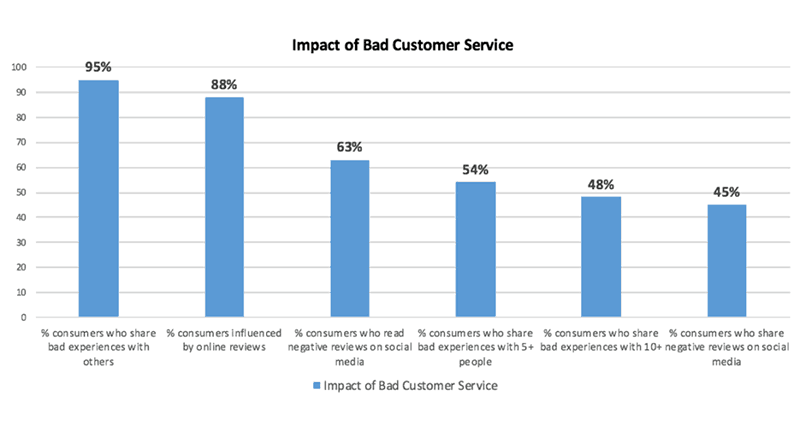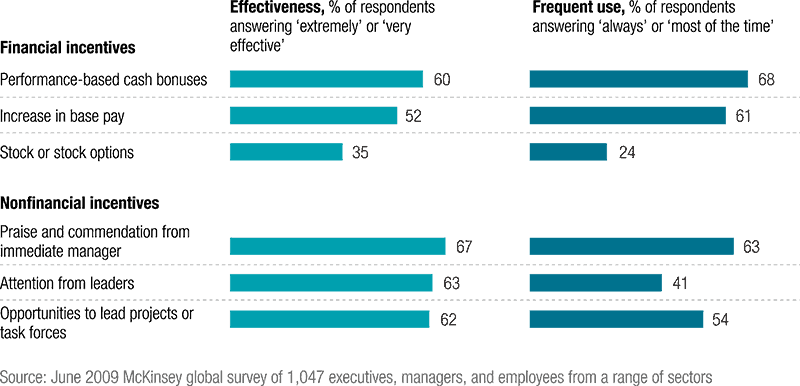Click here to get this post in PDF
Of all the marketing methods available, referral marketing stands as a unique opportunity for any and every kind of business. Referral marketing essentially puts customers to work for a company as these individuals send potential leads to a business. Referral marketing, when done right, costs very little (if anything at all) upfront, and while it typically relies on a monetary reward or service for the referring customer, this still generally costs far less than the average marketing campaign and price per lead. With all of this said, there are potential pitfalls and problems associated with referral marketing for e-commerce sites. The following six mistakes may completely torpedo any referral-marketing plan and hurt the business in general.
Not Staying On Top of Reviews
Customers want to do business with the very best on the market. One of the ways consumers identify these companies is with reviews. If reviews for an e-commerce site are less than desirable, it doesn’t matter what kind of referral marketing plan the company has in place, customers will not turn to the business.
There are a few ways companies need to stay on top of reviews. Most of the time, a business doesn’t do anything about these reviews until a negative ranking is posted to an online rating service such as Yelp or Google. However, a proactive business understands the importance of identifying problems before the reviews reach a service such as Yelp. According to Shep Hyken (2015), a company risks losing 22 percent of potential customers with a single negative review. This number skyrockets to 59 percent when three negative reviews are posted. When four or more negative reviews go live, this pushes all the way to 70 percent. In total, 88 percent of consumers say they are influenced by online reviews, so staying on top of the situation is vital. It not only impacts any future referral marketing plans but the overall well-being of the company.
By offering current customers the ability to provide reviews and conducting internal case studies, a company can find problems and correct everything far before it reaches the throngs of potential consumers using Google. A strong referral program only exists if the product comes from a strong business.
(Source- McKinsey & Company)
Poor (or No) Incentives
Consumers are more than willing to tell friends and send the family to a quality service provider online if they are rewarded for their effort. Sure, it doesn’t cost them much time to spread the word, but what’s in it for them? Even if they want to tell others about a product, they may simply forget with the lack of a reward. Incentives make all the difference. When a current customer knows they will receive a free product, cashback, or another bonus for sending in customers they become far more likely to help spread the word.
According to a McKinsey global survey, performance-based cash incentives have a 68 percent response rate, with 60 percent of those taking part in the incentive referral program looking favorably on it. Not all referral programs need to revolve around cash though. Companies such as Harry’s (an online shaving retailer) provide shaving gear incentives, while Dropbox offers additional cloud storage space.
(Source: McKinsey & Company)
Relying on Only One Outreach Method for Referral Marketing
A great referral marketing plan deserves to be shared. Customers are more than willing to spread the word about a quality product with an offered referral program. However, if they don’t know about it they won’t share it. One of the major problems businesses with current referral programs in place carry out is relying on just one outreach method, when there are plenty of options out there.
According to Web Profits, a little more than 50 percent of all businesses rely on email marketing as the main (or only) referral marketing plan. However, there are all sorts of other methods a company needs to utilize in order to spread the word. Taking advantage of social media, paid digital advertising, and search engine optimization to promote referral programs can help educate current customers on the possibility to make money or earn rewards.
Not Using Video
Video offers a unique opportunity for marketers. According to Vidian Media (2016), people remember 20 percent of what they hear and 30 percent of what they see. However, combine the two and 70 percent of people remember what they both see and hear. The more senses stimulated the more likely someone will remember something. This is why using video for any kind of marketing presence is important. Despite these numbers, few companies actually utilize video in their referral marketing plans.
Video offers a number of ways to showcase referral programs and bring in more customers. Product reviews from top social media influences can help both sell products and highlight the benefits of a referral program. Video testimonials or funny videos can all go a long way in aiding what a company does and how it interacts with customers. In fact, the company Dollar Shave Club nabbed over 22 million views on just a handful of marketing ads over the course of a year. This is a substantial amount of additional eyes viewing information about a company and discovering the offered referral program.
Not Tracking Analytics
Some e-commerce sites take advantage of referral marketing programs but have no idea as to how well it’s doing. Referral marketing, like any other form of marketing, needs to be tracked and analyzed. This way, a company can go in and make the necessary corrections to ensure it’s working properly. With the analytics of the program, a company can identify ways to improve its marketing approach. In the world of e-commerce business, knowledge is power. The thing is, most companies have no idea what works for it and what doesn’t. According to Business 2 Community (2016), 32 percent of B2B marketers have no idea what digital channel makes up the most positive impact on revenue. More marketers said this than any other answer; which suggests not nearly enough companies are using analytics to measure success. While unfortunate, it leaves a door open for other businesses to evolve and grow into success by tracking their own performance.
Not Using Influential Personalities
People of influence have the capability of pushing a product or service. More people take notice if they know the person telling them about an item. It is why companies around the world pay big bucks to hire athletes, actors, and musicians to talk about cologne, sell underwear or discuss how one battery brand is better than another. Of course, these companies have hundreds of millions of dollars in their advertising budget, which is why so many small companies avoid using influential personalities altogether. Thankfully, in the world of social media, it doesn’t need to cost this much at all.
For every industry and key demographics, there is always an influencer, working on Instagram, YouTube, Snapchat, or other platforms. By identifying such an individual, it is possible to directly market right to the key demographic, often at a greater return on investment. As Kissmetrics shows, a YouTube channel like “Steamy Kitchen Recipes” provides a single video with at least 162,000 unique visitors, all for less than it would take to produce a commercial. Top e-commerce businesses understand the importance of using powerful influencers within the demographic.
In Conclusion
A well-planned out and executed referral marketing campaign has limitless potential. With proper execution and timing, companies can see a substantial boost in business and lead generation. However, for every successful campaign, other companies have sunk referral-marketing plans with often the simplest mistakes. By avoiding these six mistakes, e-commerce sites will boost the potential outcome of any referral marketing concept it has laid the foundation for.
You may also like: Building A Referral Network For Your Business – Infographic
About the Author
Teo has built and optimized hundreds of successful ecommerce stores for his clients and he teaches others exactly how to do it step by step at MyEcomClub





[…] You may also like: These 6 Mistakes Will Destroy Your Referral Marketing […]